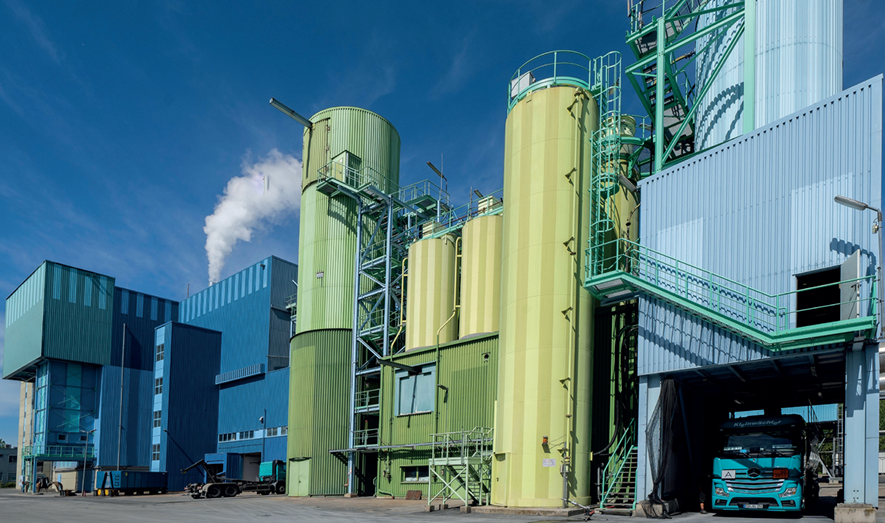
During a press conference, GfA CEO Thomas König explained that this had been made possible by a change in the Bavarian climate protection law. “Counties can now become producers of renewable energies, even beyond mere services of general interest,” stated König.
The waste-to-energy plant in Geiselbullach is sponsored by the districts of Dachau and Fürstenfeldbruck. It supplies heat to an existing network that serves the residential and commercial buildings in Olching, as well as an in the neighboring district of Dachau. A connection from Fürstenfeldbruck and Karlsfeld would also be conceivable in the future.
For decades, the energy from waste incineration has been used to produce electricity and district heating. Shifting to geothermal energy is considered a vital building block to an overall heat transition.
GfA is now at the early stages of exploring for geothermal resources after securing the drilling claim for a 5000-hectare area within the company’s property. The resource is expected to have a temperature of 73 degrees Celsius at a depth of 2.5 kilometers. “The area is actually very well developed geologically, which could be useful for us,” commented König.
Conditions for the geothermal project seem favorable given the geothermal development in Munich, particularly in Freiham.
The project is estimated to cost between EUR 15 to 20 million. About 40% of this – roughly corresponding to the cost of the first drilling – will be funded by the Free State of Bavaria. However, analysis of the geologic data must first be completed before a drilling permit can be issues. If everything goes well, this should be completed by next year.
König also emphasized the importance of good communication, particularly with the local communities. This is in light of the locals’ concerns over the risks of geothermal, particularly in the failed project of the nearby suburb of Puchheim. “The cardinal error here was that people’s fears were not taken seriously,” explained König.